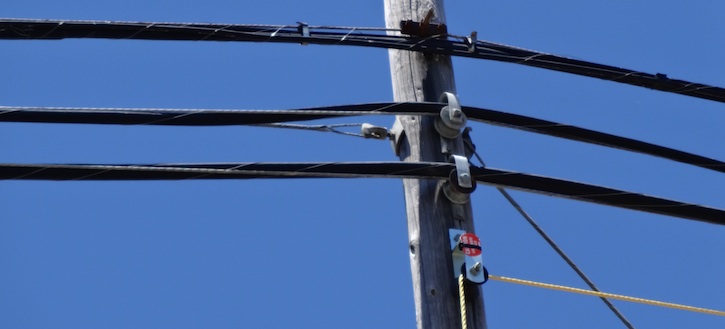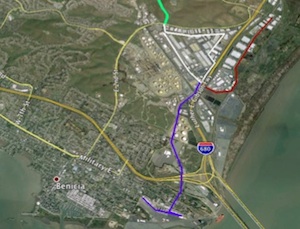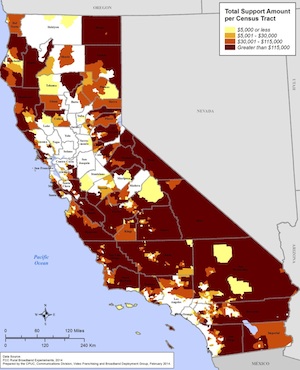Comcast apologises for beating up customers, all the way to the bank

You want to cancel? Squirt a few first.
Comcast’s senior management had a mommy/daddy moment this week. On Monday, COO Dave Watson sent a memo to employees saying basically that the viral recording of a Comcast customer service rep browbeating a subscriber who wanted to cancel was a wee bit over the top, but hey, we understand…
… MoreThe agent on this call did a lot of what we trained him and paid him — and thousands of other Retention agents — to do.









